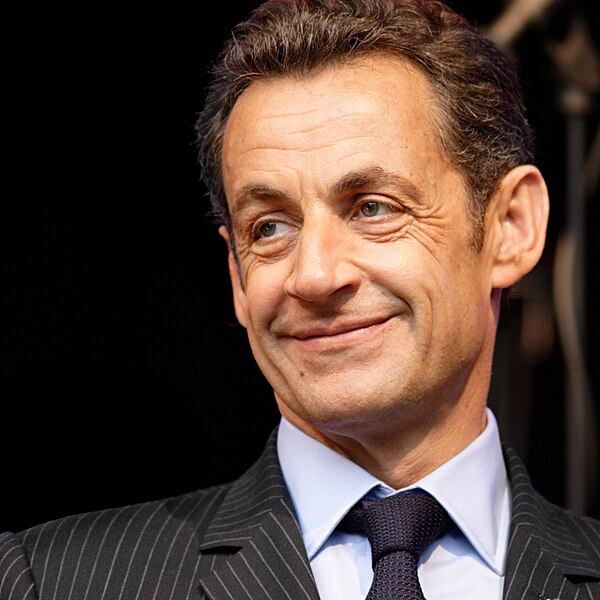 Our message to government and businesses is clear. Act now, says Richard Branson.
Our message to government and businesses is clear. Act now, says Richard Branson.
He’s featured in the forward to the UK’s Industry Taskforce on Peak Oil and Energy Security
The credit crunch in 2008 stressed government and businesses to the extreme. Richard says The next five years will see us face another crunch – the oil crunch. This time, we do have the chance to prepare.
It’s a report on the end of cheap oil. The authors urge action: We must plan for a world in which oil prices are likely to be both higher and more volatile and where oil price shocks have the potential to destabilise economic, political and social activity.
Download the full report here




 Alongside Barak Obama there’s a second Noble prize surprise this year – Elinor Ostrom for the
Alongside Barak Obama there’s a second Noble prize surprise this year – Elinor Ostrom for the 

